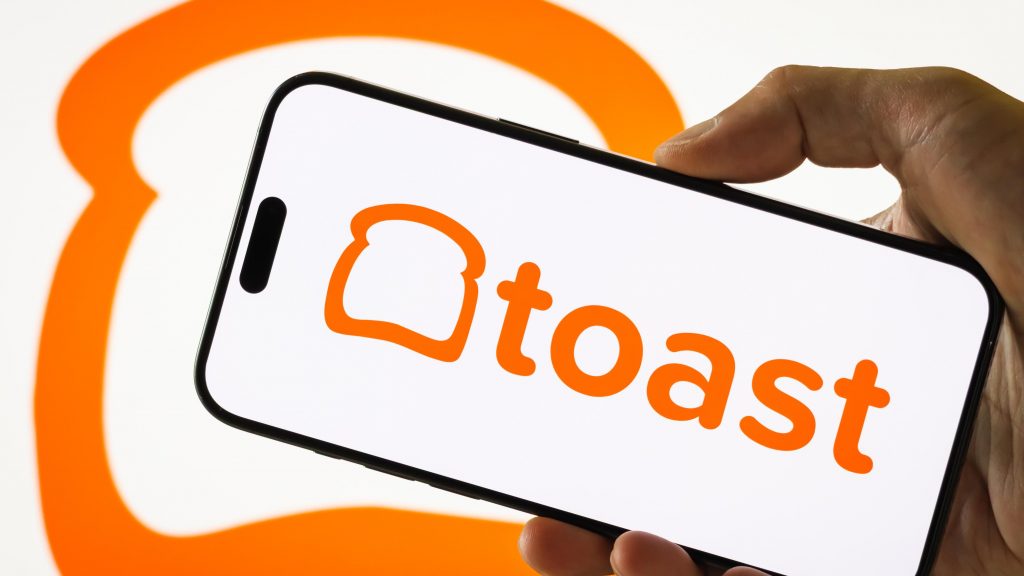Toast, a Boston-based fintech that makes restaurant software for accepting payments and managing orders, is the biggest company in its industry, with a 15% market share and $22 billion market value. It’s also the fastest growing, yet its stock performance this year tells a different story.
During its third quarter earnings call yesterday, Toast said revenue was $1.6 billion, up 25% from a year ago, and net profit was $105 million, an 88% rise. The results handily beat Wall Street analysts’ expectations, according to FactSet. While its stock is trading up 10% today, it’s just 7% higher than where it ended last year despite consistently strong growth.
Have a story tip? Contact Jeff Kauflin at jkauflin@forbes.com or on Signal at jeff.273.
A major long-term concern weighing on the stock is the same one affecting other fintechs like Chime: Investors worry that the heady expansion can’t continue forever. “This question has been coming up for years,” says Nate Svensson, an analyst at Deutsche Bank. Comparing Toast’s market value to its profits, its stock is one of the most expensive in the whole payments industry, Svensson says.
So investors have been focused on one key metric–how many new restaurants Toast brings in as customers. In the third quarter, it tacked on 7,500, in line with analysts’ expectations, bringing its total to 156,000 locations.
Toast cofounder and CEO Aman Narang said on the earnings call that his 13-year-old company is on a path to double its number of customer locations and the annual payments it processes, without specifying over what time period. During the question-and-answer part of the conference call, Wolfe Research analyst Darrin Peller asked Narang, “What gives you the confidence in your ability to see increased net [location] adds in 2026?” The CEO answered that the growth will largely come from new areas Toast has been targeting outside of its core market of small and medium-sized U.S. businesses: large restaurant chains, “restaurant retail” (food and beverage stores like wine shops) and international restaurants.
One factor that could limit its growth is that Toast faces formidable competition, particularly from Shift4, Jack Dorsey’s Block and Fiserv’s Clover, which is now cutting its prices. Last week during Fiserv’s earnings call, the company announced it was slashing revenue and profit expectations, dragging its stock down a whopping 47% and carrying other payments stocks with it. That day, Toast and Block each fell 5% on fears of a broader industry slowdown.
Asked yesterday about competition, Narang said Toast’s win rate has been increasing as it competes against other software sellers and that product quality differentiates it.
Another dynamic that has Wall Street on edge is the health of the American consumer. Inflation continues to take a toll on people’s wallets, and hiring has been slow. Last week, Chipotle said younger consumers and households earning less than $100,000 are dining out less, and the stocks of Shake Shack, Sweetgreen and Cava have slumped over the past year. Narang said consumers’ spending in October fell slightly from the summer months but that so far, its data indicates that “our customers are holding up really well.”

